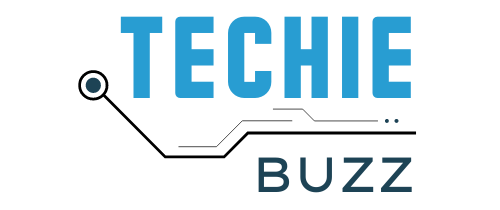In today’s fast-paced world, quality sleep has become a precious commodity that often eludes many individuals. With the rise of technology, however, it’s no surprise that there are now numerous apps available to help monitor and improve sleep quality.
Among the various sleep-related concerns, apnea is a condition that deserves special attention due to its potential health risks. This article will delve into the best apps for monitoring sleep quality.
Sleep Apps and Sleep Quality Monitoring
These apps have revolutionized the way we approach sleep, enabling individuals to track their sleep patterns, receive personalized recommendations, and ultimately work towards achieving a restful night’s sleep. Now they don’t replace a sleep doctor but they can help you monitor your sleep quality:
Sleep Cycle
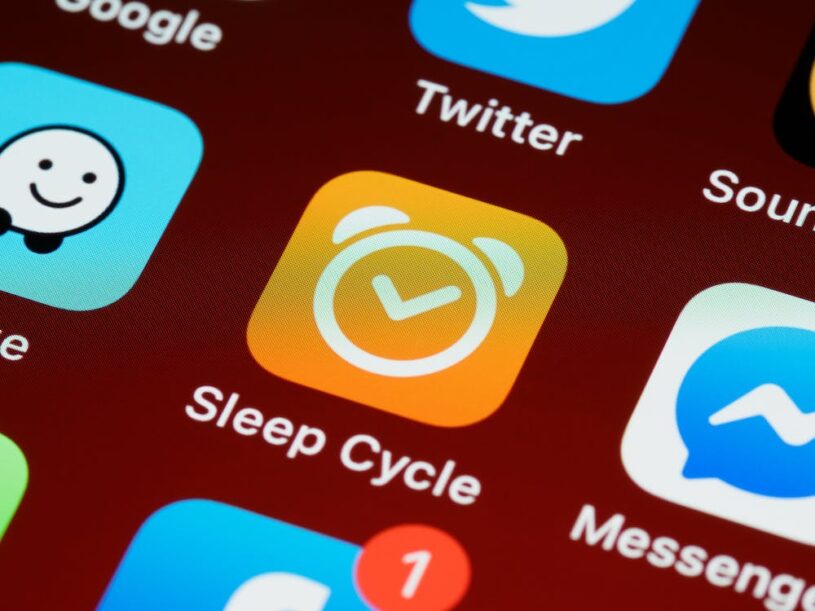
It is a highly popular app that uses your smartphone’s accelerometer to monitor your movements during sleep. By analyzing these bodily movements, the application assesses your sleep cycles and stages, delivering a comprehensive assessment of the quality of your sleep.
The app also offers features like a “Smart Wake-Up” alarm, which wakes you up at the optimal point in your sleep cycle to minimize grogginess.
Pillow
Pillow is another top-tier sleep-tracking app that uses advanced algorithms to detect and analyze your patterns. It records audio during the night, helping you identify any disturbances or interruptions that might be affecting your sleep quality.
Furthermore, the application seamlessly integrates with a variety of health and fitness trackers, offering a well-rounded perspective on your general state of well-being.
SnoreLab
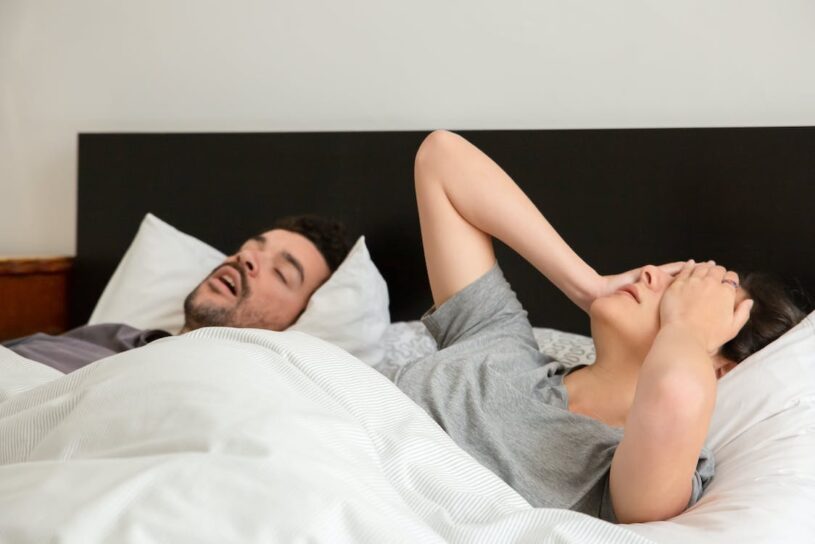
SnoreLab is an app that focuses on detecting and monitoring snoring, a common symptom of sleep apnea. The app records your snoring throughout the night and provides detailed insights into the intensity and patterns of your snoring. It can help you determine whether your snoring is merely benign or if it requires medical attention.
SleepScore
SleepScore is an app developed by experts and uses sonar technology to track your sleep. It offers personalized recommendations to improve sleep quality and can help you identify potential sleep disorders such as apnea.
Sleep Watch
It is a sleep-tracking app that utilizes advanced motion and heart rate tracking to monitor sleep quality. Its sophisticated algorithms can identify potential apnea episodes by detecting irregularities in breathing and heart rate.
With in-depth insights into sleep stages, personalized recommendations, and the option to export data for healthcare professionals, Sleep Watch proves to be a potent tool for effectively addressing sleep-related concerns.
The Power of Sleep Technology in the Digital Age
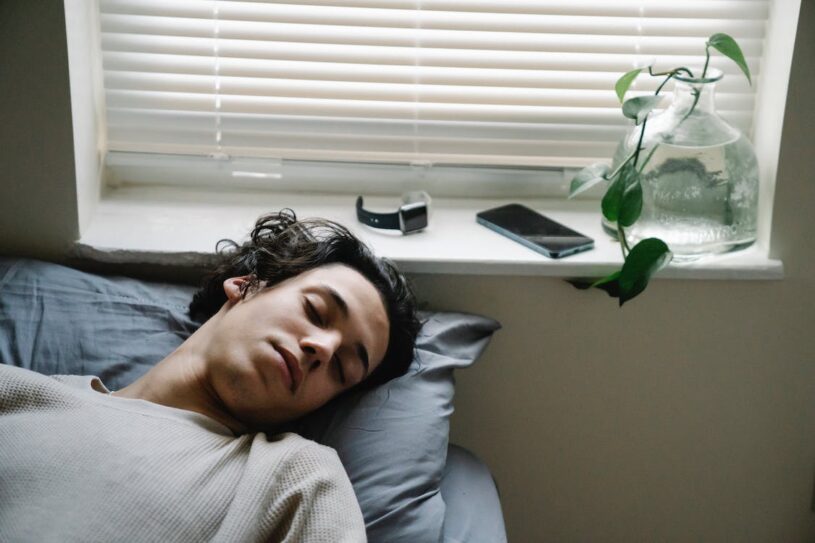
In our fast-paced modern world, where screens and notifications keep us connected around the clock, achieving quality sleep has become an elusive pursuit for many. Yet, with the surge in technological advancements, we find ourselves presented with a unique solution: sleep monitoring apps.
These digital tools have harnessed the power of technology to revolutionize the way we perceive and enhance our sleep quality.
These apps, available at our fingertips, offer more than just a glimpse into our nightly rest. They have evolved into comprehensive sleep companions, analyzing our sleep patterns, and providing personalized insights to help us attain a more restful slumber.
No longer do we need to rely solely on our internal clocks to gauge our sleep satisfaction. Sleep apps provide a tangible, data-driven approach to understanding our sleep cycles, the duration of our rest, and the various stages that contribute to overall sleep quality.
Understanding Sleep Apnea
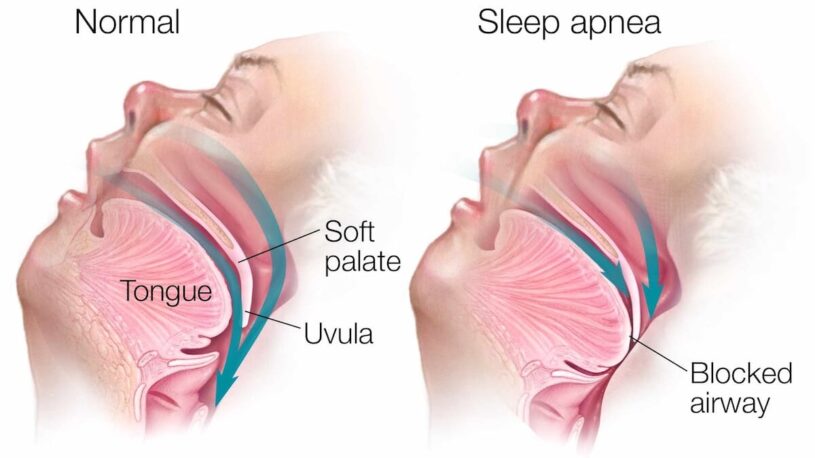
Sleep apnea is a potentially serious disorder characterized by pauses in breathing or shallow breaths while sleeping. These interruptions, lasting anywhere from a few seconds to minutes, can happen repeatedly during a night’s sleep.
Apnea is often classified into two primary types: OSA, which is more prevalent, arises when the muscles in the throat excessively relax, obstructing the airway. In contrast, CSA is a result of the brain failing to send appropriate signals to the muscles responsible for breathing.
Navigating Sleep Apnea with Empowerment and Awareness
While sleep apps have indeed transformed our sleep monitoring landscape, they also serve as a beacon of hope in the fight against sleep disorders, such as sleep apnea. This prevalent yet often underestimated condition can disrupt our rest in profound ways, leading to not only daytime fatigue but also an increased risk of severe health complications.
Through the lens of technology, we can now shine a spotlight on sleep apnea, raising awareness and fostering a deeper understanding of its potential impact. The ability of sleep apps to detect and monitor symptoms, such as snoring – a common sign of sleep apnea – can serve as an early warning system, prompting individuals to seek professional medical advice.
In a society driven by proactive health management, the intersection of technology and health is empowering individuals to take control of their well-being and seek timely interventions.
Can Sleep Apnea Kill You?
Although apnea itself may not directly result in a fatality, its presence significantly elevates the likelihood of numerous severe health complications that carry life-threatening potential. It is important to talk to a doctor if you are concerned about your sleeping habits.
If you notice that you are feeling unrefreshed, have dry mouth, headaches or are gasping for air then you may have sleep apnea. If left untreated, apnea can give rise to:
Cardiovascular Complications
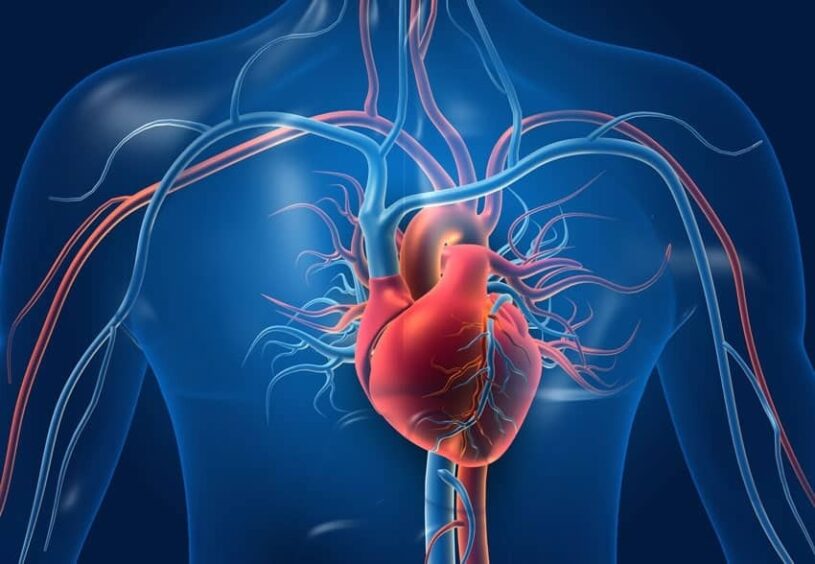
Sleep apnea exhibits a robust association with elevated blood pressure, subsequently magnifying the susceptibility to heart disease, stroke, and a range of cardiovascular complexities. The heart can experience enduring damage due to repetitive fluctuations in nocturnal oxygen levels.
Non-Insulin Dependent Diabetes
A higher likelihood of developing insulin resistance and type 2 diabetes is observed in individuals with apnea. The body’s capacity to regulate blood sugar levels can be compromised by irregular patterns and low sleep quality.
Psychological Well-being Challenges
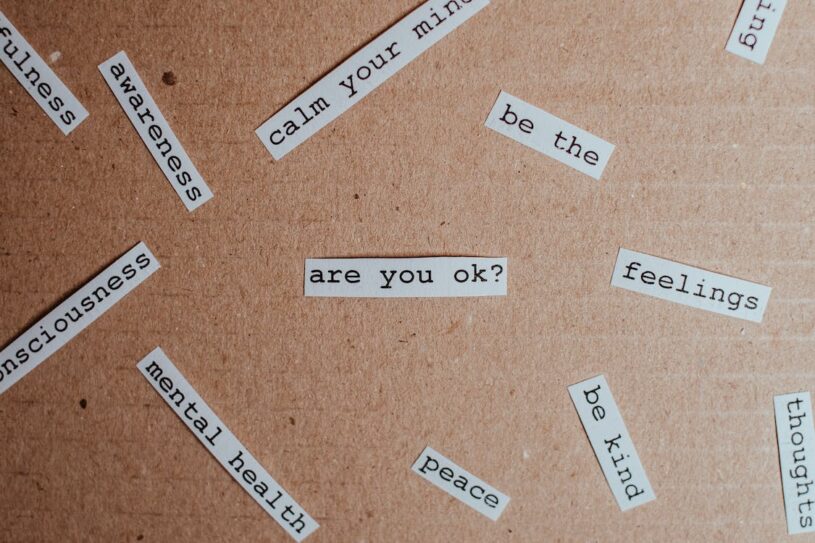
Persistent insufficient sleep resulting from untreated apnea can significantly contribute to the emergence of mood disorders like depression and anxiety. Quality sleep is a crucial element in preserving mental well-being, highlighting the close relationship between rest and emotional balance.
Conclusion
Sleep apps have ushered in a new era of sleep monitoring and improvement, offering valuable insights into sleep quality. While sleep apnea can have serious health implications, including an increased risk of life-threatening conditions, it is manageable with the right interventions.
Monitoring patterns and seeking medical advice are crucial steps for addressing sleep apnea and its potential consequences. With the aid of apps and a commitment to healthy habits, individuals can take charge of their health and overall well-being.
